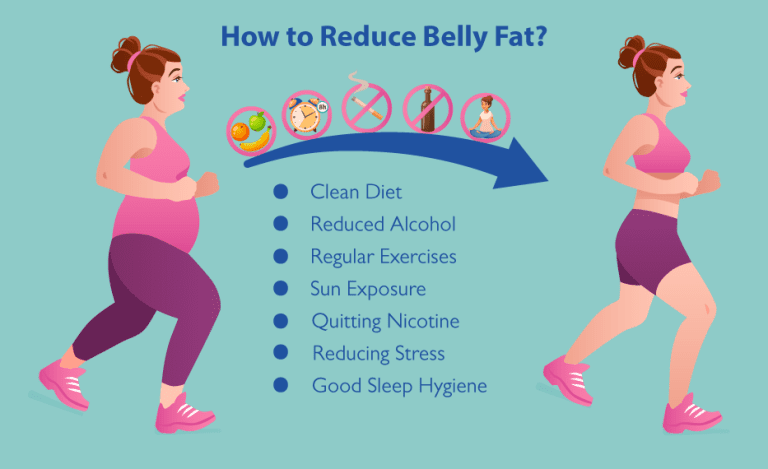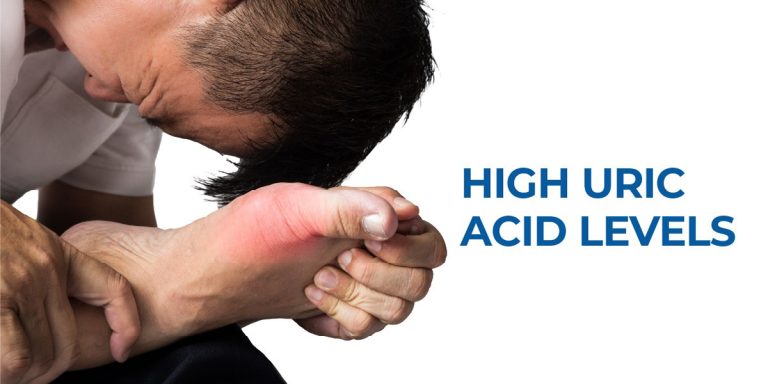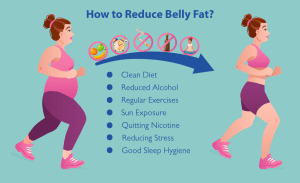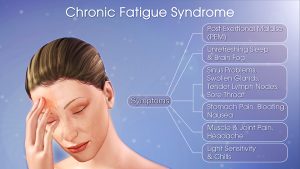Introduction
Are you tired of suffering from the pain and discomfort caused by mouth ulcers? From eating to speaking, these sores can make everyday activities a real challenge. But fear not! With our tips and tricks, you’ll be able to say goodbye to those painful blisters.
Causes of mouth ulcers
There are many different causes of mouth ulcers, and often, the exact cause is unknown. However, some common triggers can lead to mouth ulcers, such as:
Hormonal changes (particularly in women).
Injury from biting or chewing the inside of the mouth.
Toothpaste or mouthwash containing sodium lauryl sulfate.
Nutrient deficiencies: Iron, folate, and vitamin B12 deficiencies are linked to an increased risk of mouth ulcers.
Bacterial infection: A bacterial infection called Helicobacter pylori can cause stomach ulcers, which can in turn trigger mouth ulcers.
Autoimmune diseases such as Crohn’s disease or Behcet’s disease.
Certain medications (such as aspirin, ibuprofen, or other NSAIDs)- Some medications, such as those used to treat arthritis or cancer, can increase the risk of developing mouth ulcers.
Stress or emotional factors.
Allergies to certain foods.
Stress: Both physical and emotional stress can trigger mouth ulcers.
Braces or dentures: Braces and dentures that don’t fit properly can cause irritation and lead to mouth ulcers.
Dry mouth: A lack of saliva can lead to a dry mouth, which can then lead to mouth ulcers.
Poor oral hygiene: If you don’t brush and floss your teeth regularly, you’re more likely to develop mouth ulcers.
Symptoms of mouth ulcers
If you have a mouth ulcer, you may experience the following symptoms:
- Pain in the mouth, especially when eating or drinking
- A burning sensation in the mouth
- Sensitivity to hot or cold beverages
- Swelling in the affected area
- Redness in the affected area
- A white or yellowish spot on the ulcer
How to treat mouth ulcers
If you have a mouth ulcer, you may be wondering how to treat it. By fixing the cause of mouth ulcers, the problem can be solved. However, there are a few things you can do at home to help relieve the pain and discomfort of a mouth ulcer.
First, rinse your mouth with warm salt water. This will help to clean the area and reduce inflammation. Try to use the home remedy (ies) mentioned below. Be sure to avoid any foods that are acidic or spicy, as these can irritate the ulcer and make the pain worse.
If the pain is severe, you can take over-the-counter pain medication. You should also see your dentist or doctor if the ulcer does not heal within a week or if it is accompanied by other symptoms such as fever or swollen lymph nodes.
Home remedies for mouth ulcers
- Using a saltwater solution for a mouth rinse is one of the best and oldest home remedies for mouth ulcers. Dissolve at least ½ teaspoon of salt in a cup of warm water and use it to rinse your mouth two or three times a day.
- Applying honey or coconut oil also soothes the ulcers.
- Apply Turmeric paste on the affected parts.
- Aloe vera juice can help reduce pain, inflammation, and irritation caused by mouth ulcers. Try drinking half a glass of aloe vera juice twice daily until you notice an improvement in your symptoms.
- Baking soda mixed with water also makes an effective home remedy for relieving mouth ulcer pain. Dissolve one teaspoon of baking soda in half a cup of warm water, then use it to rinse your mouth several times throughout the day.
- Apple cider vinegar is another good option for treating painful mouth ulcers. Mix equal parts apple cider vinegar and water, then swish it around in your mouth before spitting it out. You should do this several times each day until your symptoms improve.
Foods to avoid
- Spicy foods: spicy foods can irritate the ulcer and make it worse.
- Acidic foods: acidic foods can irritate the ulcer, so it’s best to avoid them.
- Caffeinated beverages: caffeine is a stimulant that can increase pain and discomfort for those with mouth ulcers.
- Alcoholic beverages: alcohol can increase inflammation and irritation in an already sensitive mouth.
Foods that help reduce the impact of ulcers
- Probiotics-rich food can help soothe the ulcer.
- Leafy greens: dark leafy greens such as spinach and kale are a great source of vitamins A, C, and K which can help reduce inflammation.
- Omega-3 fatty acids: foods like salmon, mackerel, flaxseeds, and walnuts are rich in omega-3 fatty acids which can help reduce inflammation.
- Vitamin C-rich foods: citrus fruits, red peppers, broccoli, and tomatoes are all good sources of vitamin C which can help speed up the healing process.
Conclusion
Mouth ulcers can be painful and cause a great deal of discomfort. However, with proper care and treatment, most mouth ulcers will heal on their own within a few days or weeks. In the meantime, it is important to take steps to reduce pain and inflammation associated with mouth ulcers by avoiding acidic foods, drinking plenty of fluids, using topical treatments such as antiseptic gels and creams, avoiding spicy food and drinks, getting enough restful sleep each night, reducing stress levels and eating a well-balanced diet. By following these tips on how to treat mouth ulcers you can help ensure that your condition resolves quickly without any further complications.













